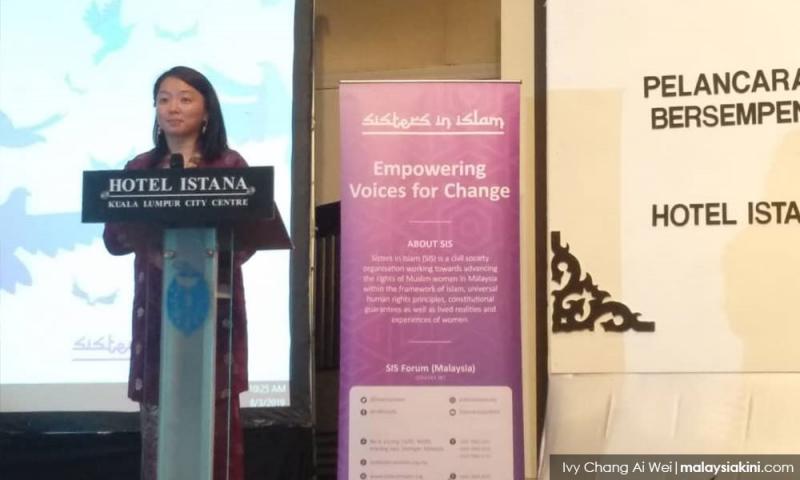The number of legal enquiries on polygamy is rising sharply rising according to statistics from Telenisa Legal Clinic.
Last year, there were 176 polygamy cases recorded by the legal clinic, which is operated by Sisters in Islam (SIS)
This is an increase of 66 percent when compared to 106 cases in 2017. The clinic handled 75 cases in 2016.
SIS Program Manager Shareena Sheriff said most polygamy-related complaints were by wives whose husbands entered into subsequent marriages without their knowledge.
This is because amendments to the law in 1994 and 2006 have made it easier for polygamous marriages to be done in secret, she claimed.
She reiterated that in accordance with the syariah law, a second or third marriage needs approval from the Syariah court and should not affect the first wife’s standard of living.
However, due to the amendments, many Muslim men had secretly married across the Thai border in order to bypass the Syariah court, said Shareena.
“This is the weakness of our law. They can just come back to Malaysia for registration. That’s how the marriages remain secret,” she said at the launch of the Telenisa’ Statistics & Findings of 2018 at Hotel Istana, Kuala Lumpur today.
She pointed out that there are many unregistered marriages in Malaysia and this led to many kinds of problems especially in the event of divorce or the husband passing away.
The status of the wife and any children will be uncertain and this would affect their financial rights and economic security, she added.
Aside from polygamy, Telenisa Legal Clinic also handled complaints from wives whose husbands no longer supported them and their children in the form of maintenance (nafkah) following a polygamous marriage.
Telenisa also revealed that fasakh constituted 35.2% among 272 cases in total. Fasakh refers to a method of divorce initiated by the wife, particularly when the husband refuses to grant a divorce.
It is still the highest number of enquiries among other five methods to dissolve marriage under the Islamic Family Law (Federal Territories) Act 1984 (IFLA).
Telenisa had a total of 576 clients with 411 new clients last year, with women forming the majority and men being 11% of their clients.
Deputy Women, Family and Community Development Minister Hannah Yeoh was also present at the event and announced a pledge of RM20,000 to SIS from her ministry’s allocation.





